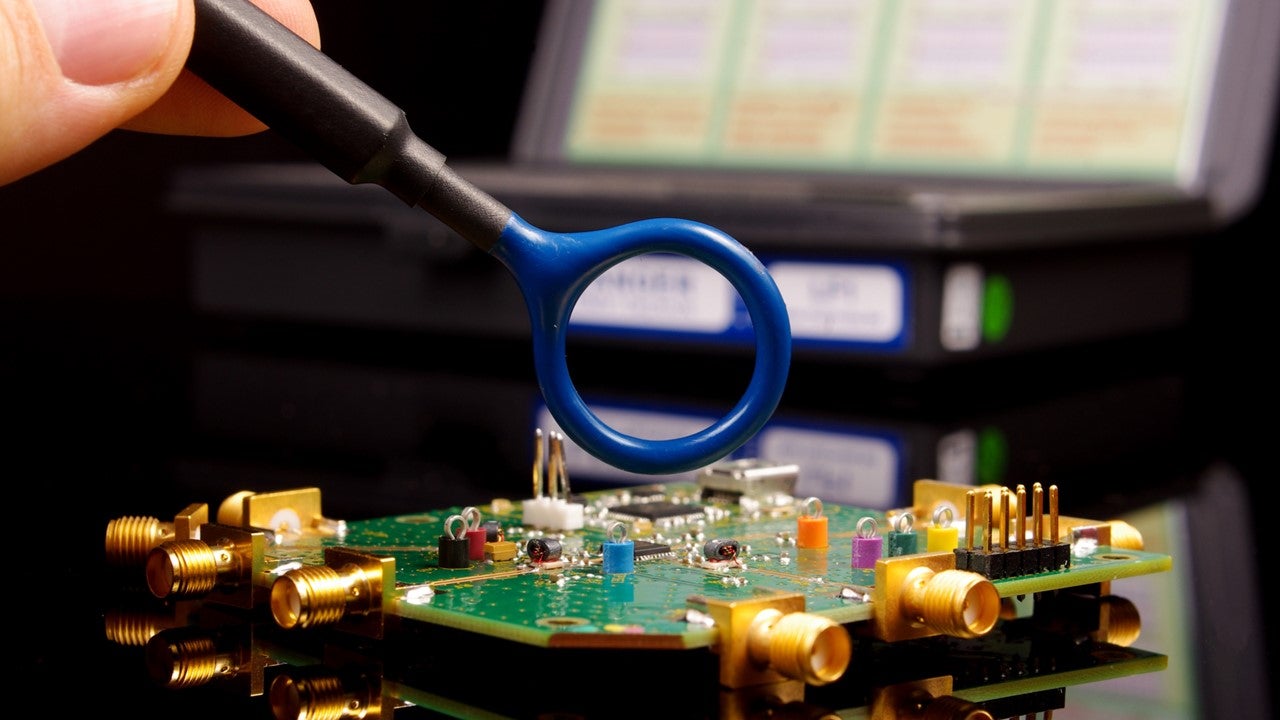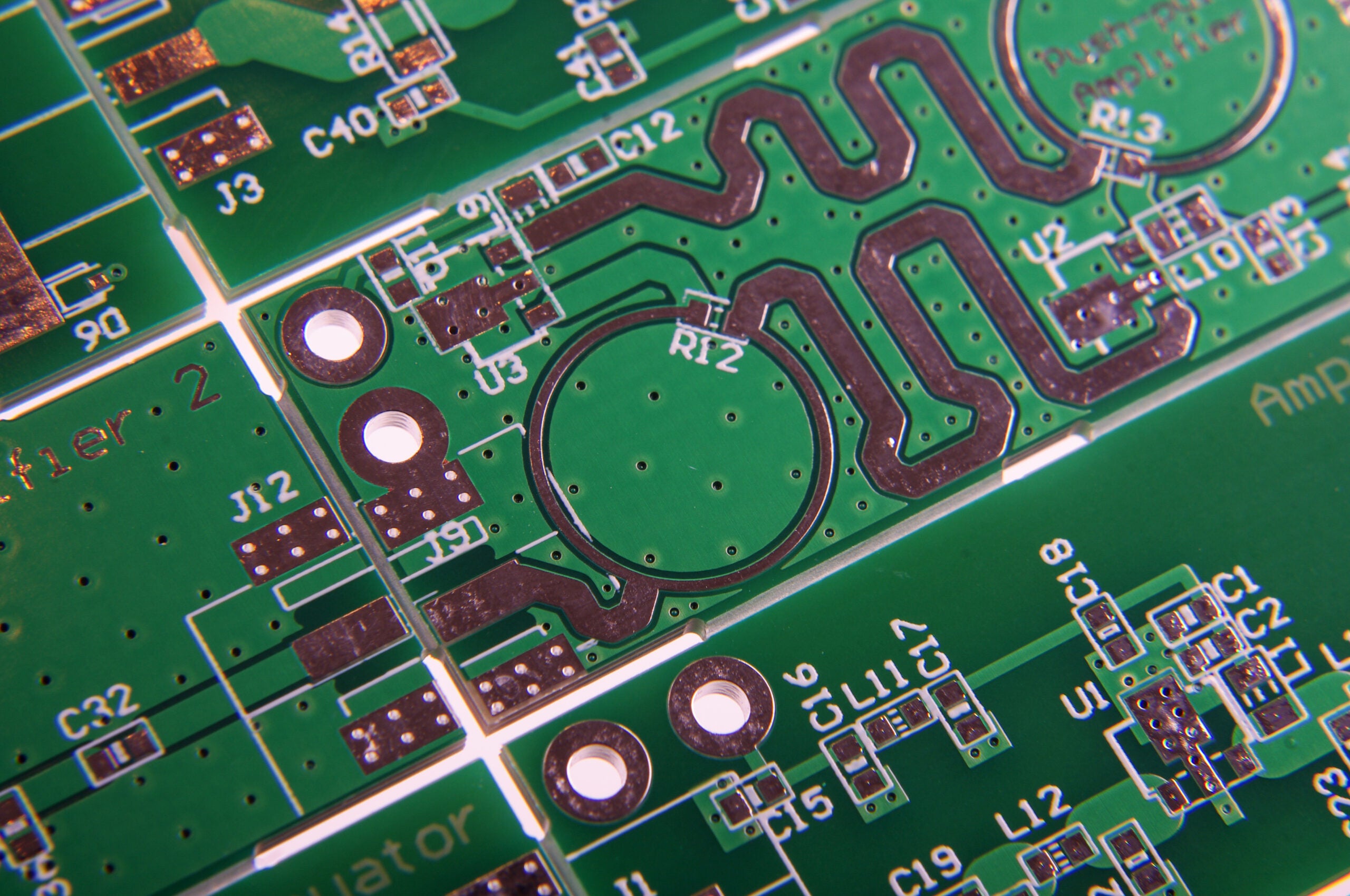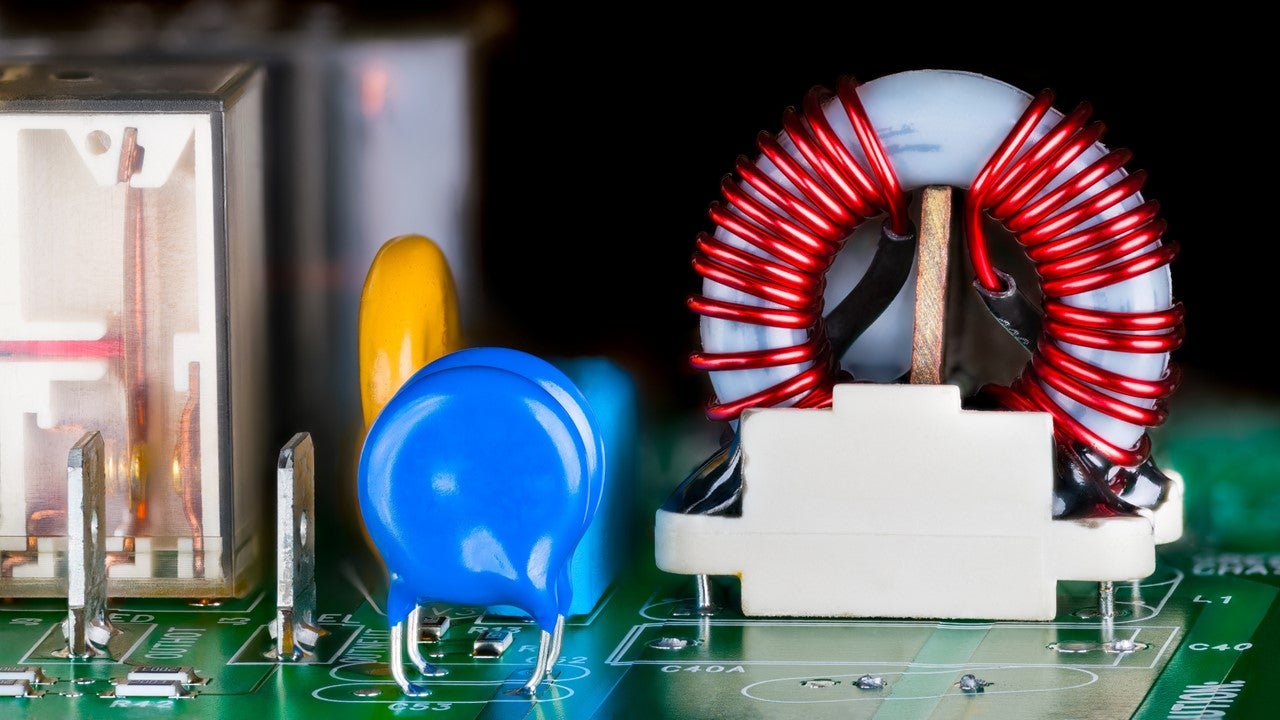
![]() This learning track covers a comprehensive understanding of Electromagnetic Compatibility (EMC) and its principles, applications, and standards. It starts with the fundamental concepts of EMC and Electromagnetic Interference (EMI), explaining how electronic systems can function without causing or experiencing electromagnetic interference. The track then delves into the principles of electromagnetics, focusing on Maxwell’s equations, Faraday’s law, Ampere’s law, Gauss’s law, and the concept of electromagnetic fields. It further explores the high-frequency behavior of various electrical components such as conductors, capacitors, inductors, resistors, mechanical switches, and transformers. The track also covers the comprehensive understanding of nonlinear distortions and the linearization techniques used to counteract these effects. It concludes with a detailed explanation of system topology, control of interfaces, and the concept of waveguides beyond cut-off. The track also discusses the principles of lightning protection for buildings and the components involved in such systems. Lastly, it focuses on the protection of communication towers and wind turbines, discussing the potential damage caused by lightning and strategies to mitigate these risks.
This learning track covers a comprehensive understanding of Electromagnetic Compatibility (EMC) and its principles, applications, and standards. It starts with the fundamental concepts of EMC and Electromagnetic Interference (EMI), explaining how electronic systems can function without causing or experiencing electromagnetic interference. The track then delves into the principles of electromagnetics, focusing on Maxwell’s equations, Faraday’s law, Ampere’s law, Gauss’s law, and the concept of electromagnetic fields. It further explores the high-frequency behavior of various electrical components such as conductors, capacitors, inductors, resistors, mechanical switches, and transformers. The track also covers the comprehensive understanding of nonlinear distortions and the linearization techniques used to counteract these effects. It concludes with a detailed explanation of system topology, control of interfaces, and the concept of waveguides beyond cut-off. The track also discusses the principles of lightning protection for buildings and the components involved in such systems. Lastly, it focuses on the protection of communication towers and wind turbines, discussing the potential damage caused by lightning and strategies to mitigate these risks.

Innovation Course
Introduction to Electromagnetic Compatibility
This course covers the fundamental concepts of Electromagnetic Compatibility (EMC) and Electromagnetic Interference (EMI). It begins with an introduction to EMC, a state where electronic systems can function without causing or experiencing electromagn...Read more

Innovation Course
Electromagnetic Principles and Applications
This course covers the fundamental principles of electromagnetics, focusing on Maxwell’s equations, Faraday’s law, Ampere’s law, Gauss’s law, and the concept of electromagnetic fields. It provides a comprehensive understanding of the interaction of elec...Read more

Innovation Course
High Frequency Behavior of Electrical Components
This course covers the high-frequency behavior of various electrical components such as conductors, capacitors, inductors, resistors, mechanical switches, and transformers. For instance, it delves into the concept of skin effect in conductors, whic...Read more

Innovation Course
Crosstalk and Near Field Coupling
This course covers the comprehensive study of crosstalk or near field coupling, a phenomenon where one circuit interferes with another due to a common impedance. The course begins with an introduction to the concept, followed by an in-depth exploration of common ...Read more

Innovation Course
Solutions to EMC Problems
This course covers the comprehensive understanding of Electromagnetic Compatibility (EMC) principles. It starts with the layout and control of interfaces, grounding and earthing principles, and electromagnetic shielding. The course delves into the theory behind shielding...Read more

Innovation Course
Lightning Protection and Safety
This course covers the comprehensive understanding of Lightning Protection and its importance in safeguarding man-made structures. It begins with an introduction to the concept of Lightning and Electromagnetic Interference, discussing the different types of lightni...Read more

Innovation Course
Electromagnetic Compatibility Standards
This course covers the fundamentals of Electromagnetic Compatibility (EMC) standards and testing methods, focusing on regulations in the USA and European Union. It discusses the principles of various test methods and the common difficulties involved, using ...Read more


There is no badge available for this learning track.
Please visit Guided Learning Paths to browse through our selection of other learning tracks.